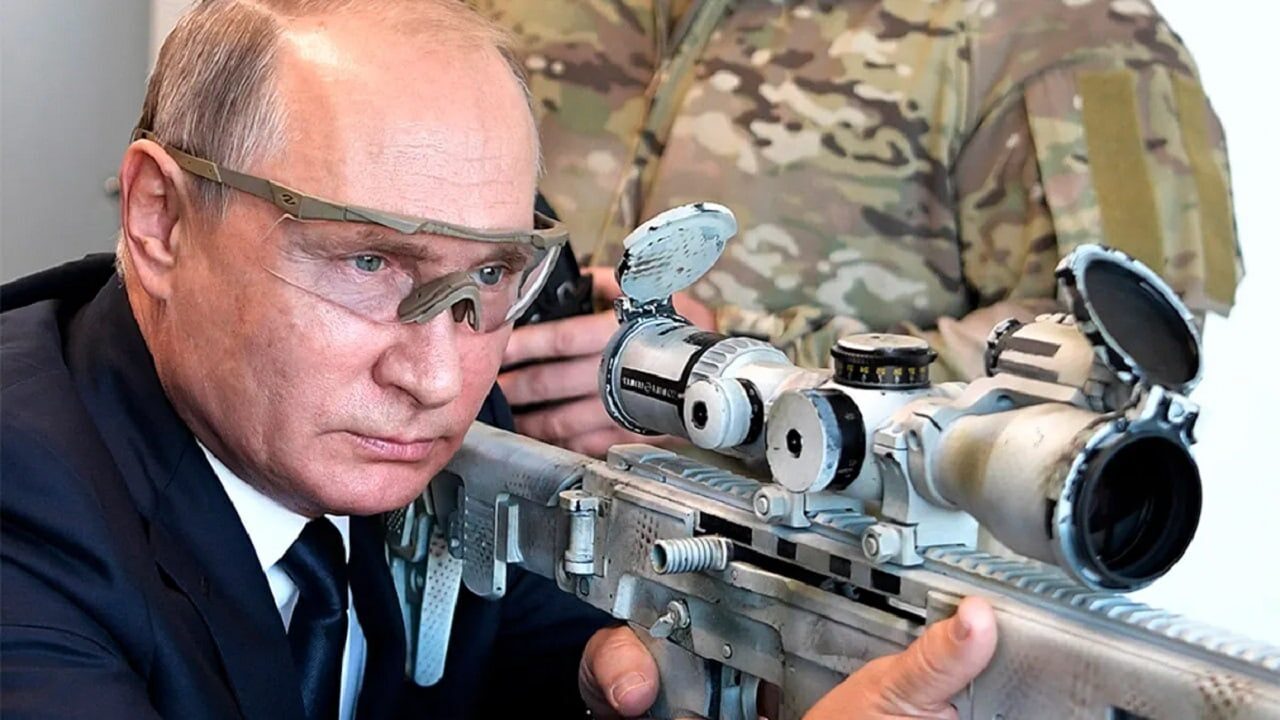What will Putin do next? Russian President Vladimir Putin will “likely” impose martial law in Russia to support the war in Ukraine, Director of National Intelligence Avril Haines said Tuesday.
Haines told lawmakers on Tuesday that Putin may turn to “more drastic means” to keep his war going in Ukraine.
In addition to instituting martial law, Putin may also order more industrial production to make up for lost resources in the war, or order “potentially escalatory military actions to free up the resources needed to achieve his objectives as the conflict drags on, or if he perceives Russia is losing in Ukraine.”
The US spy chief said that the intelligence community does not believe there’s an imminent threat of Russia using nuclear weapons in Ukraine. Haines said Putin would only authorize the use of a nuclear weapon if he felt there was an existential threat to Russia. But she underscored that “could be the case in the event that he perceives that he is losing the war in Ukraine, and that NATO in effect is either intervening or about to intervene in that context, which would obviously contribute to a perception that he is about to lose the war in Ukraine,” per the Guardian.
Haines also said in her testimony that US intelligence believes Putin is “preparing for prolonged conflict in Ukraine during which he still intends to achieve goals beyond the Donbas.”
Russia reoriented its invasion of Ukraine to focus on the country’s eastern Donbas region after its forces stalled outside the capital Kyiv and were ultimately forced to withdraw. Putin’s forces have been accused of numerous war crimes against Ukrainians, including indiscriminate bombings of residential areas and the execution of innocent civilians.
The US and its allies have imposed unprecedented sanctions on Moscow over the war, while providing Kyiv with billions in military and humanitarian assistance — including lethal aid.
But Haines told lawmakers that Putin is “probably counting on US and EU resolve to weaken as food shortages, inflation and energy prices get worse,” stating that the Russian leader “most likely also judges that Russia has a greater ability and willingness to endure challenges than his adversaries.” The penalties slapped on Russia have rippled across the global economy, which raises questions about how long countries will be able to maintain the political will to punish Moscow.
The Russian ruble took a major hit in the early days of the war, but has made a remarkable recovery. And in spite of the historic economic penalties slapped on Russia over Putin’s unprovoked war, the Russian economy continues to rake in billions from energy experts. Moscow effectively has much Europe in an energy chokehold. In the first two months following the onset of the war, Russia exported $66 billion in fossil fuels, per a recent report from the Centre of Research on Energy and Clean Air.
The EU is especially reliant on Russian energy. Roughly 40% of Europe’s natural gas imports come from Russia as well as 27% of its oil imports. That said, the EU is moving to phase out Russian oil imports, though obstacles remain.
This story is developing. Please check back for updates.
Rebecca Cohen is a Junior Breaking News Reporter on the Speed Desk, based in New York City.
John Haltiwanger is a senior politics reporter at Business Insider. He reports on all things politics with a particular focus on national security and foreign policy.

